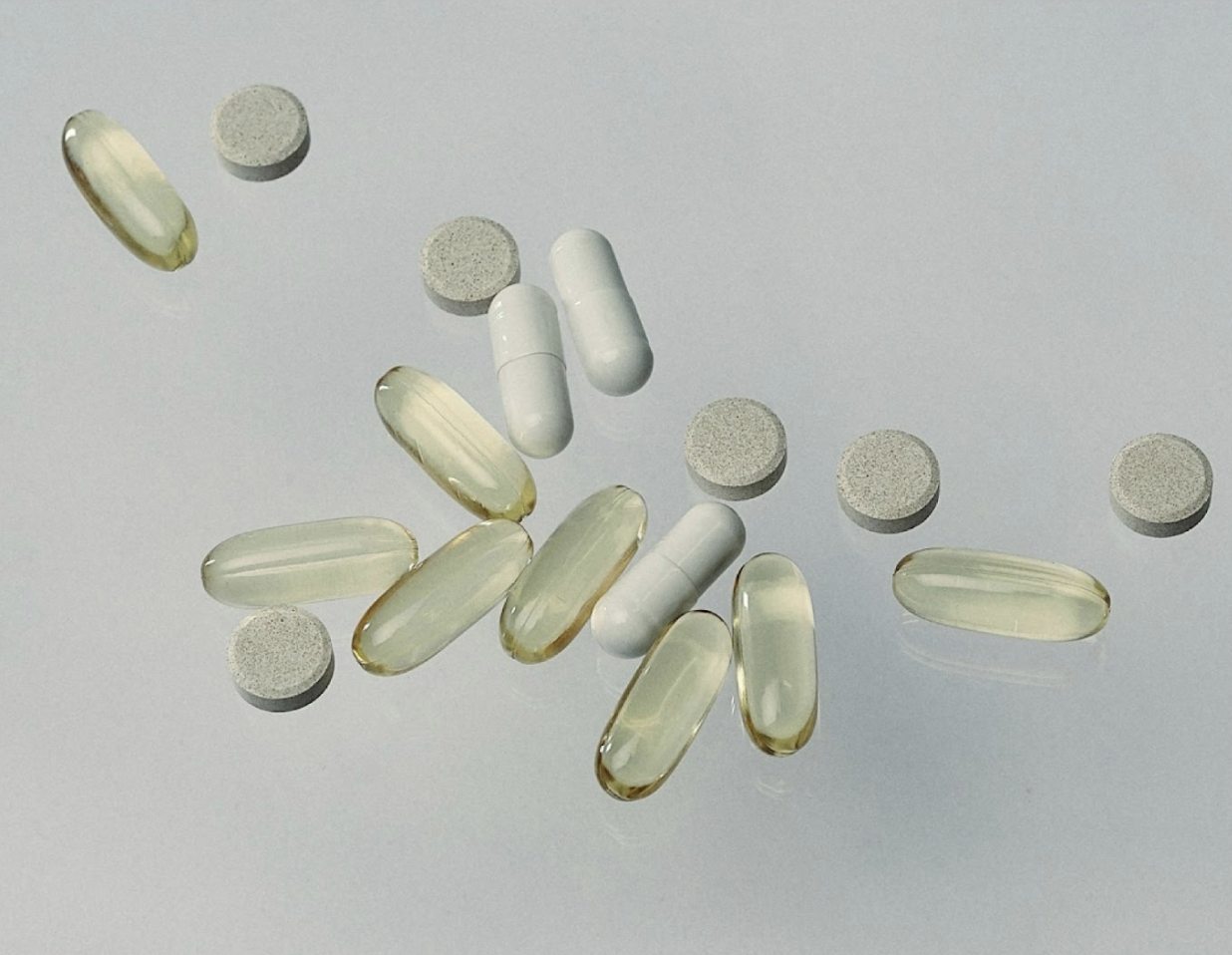Why I Would Never Use The Word "Biohack"
Tired of being told your health needs a “hack”? Here’s why real wellness has nothing to do with shortcuts—and everything to do with science.

I cringe every time I hear the word “biohack.” This buzzword has become a catch-all that promises that one simple trick will unlock outsized health results, whether that’s buttered coffee for mental clarity or red light therapy for recovery.
And I get it: “Biohack” sounds cutting-edge. But after more than two decades of practicing medicine (with the Ivy League credentials to back it up!) I find the term both misleading and unhelpful.
Here’s why:
There’s No “Hack” for Human Biology
The term “hack” originated from a 1950s computer program at the Massachusetts Institute of Technology (MIT), where students found shortcuts for their machines to save time, effort, and money.
But when programmers hack, they’re working with relatively predictable and logical systems where the same input produces the same output.
That’s just not the case for human bodies. They’re nuanced and mind-blowingly sophisticated. Everything from our hormones, metabolism, cardiovascular system, and mental health required decades of research to understand even the basic mechanisms!
The very definition of “biohacking” suggests your body is a machine with glitches to exploit rather than a complex system that requires personalization, good habits, and respect for its natural processes.
Simply put, your body doesn’t operate on shortcuts. So what does it respond to?
The Science Behind Health Isn’t Sexy, But It Works
Here’s what we know actually improves your health:
1) Move Your Body (Regularly)
Consistent physical activity (cardio) lowers your risk of heart disease, stroke, and Type 2 diabetes. The same goes for strength training (lifting weights, bodyweight exercises, etc).
It’s basic advice, but you’ve heard it a million times because it’s backed by the CDC, WHO, and over 50 years of public health data and published peer-reviewed studies.
2) Sleep 7-8 Hours a Night
A solid night’s sleep is key for immune function, metabolic regulation, and mental health. Keep your bedroom cool (around 65-68°F) to help your body temperature drop for deeper sleep.
3) Eat Fiber and Protein
They’re the gold standard for blood sugar control and gut health. Women over 50 need about 30 grams of fiber and at least 1.6 grams/kg body weight (ideally half from plants) daily.
4) Manage Your Stress
We have imaging studies that show high cortisol (the stress hormone) can negatively impact the brain.
Fortunately, on the flip side, we also have studies showing that mindfulness practices can improve brain regions associated with memory, sense of self, and empathy.
Why Aren’t These Practices Viral?
If this advice works (and the science proves it does), why isn’t it amassing millions of views on social media?
Because it’s boring. It’s much more alluring to buy into the fallacy that your health could be enhanced with one simple gadget or trick. Instead, the traditional advice is slow, steady, and unsexy, and that’s not exactly a winning formula on social media.
Let me be clear: I’m not anti-innovation. I really love it when tech, nutrition, and medicine intersect. I’m fascinated by wearables that track heart rate, glucose monitors that MAY personalize nutrition, and evidence-based supplements that target mitochondrial function.
But there’s a big difference between using advancements to understand our bodies versus using them to ditch fundamental healthy habits.
Should I Quit Cold Plunges and Blue Light Glasses?
Not at all. I get in a cold plunge every chance I get, own blue light glasses, and use red light therapy. I like these things, and there is some science behind them.
However, I use them as tools, not solutions. There’s very little solid peer-reviewed evidence that “biohacking” behaviors result in better long-term health outcomes than the basics.
Those basics, as I mentioned earlier, are the same things that your grandmother probably recommended to you. Get lots of sleep. Get up early. Go outside. Place your feet on the grass. Manage your stress and screen time. Laugh, have sex, and stay socially and mentally engaged. And be kind to yourself when you’re not.
So no, I don’t like the word “biohack.” It overpromises and under-delivers, and suggests health is something you can game rather than something you have to cultivate.
But if you figure out how to “hack” cooking or parenting? Call me. I’m all ears.


